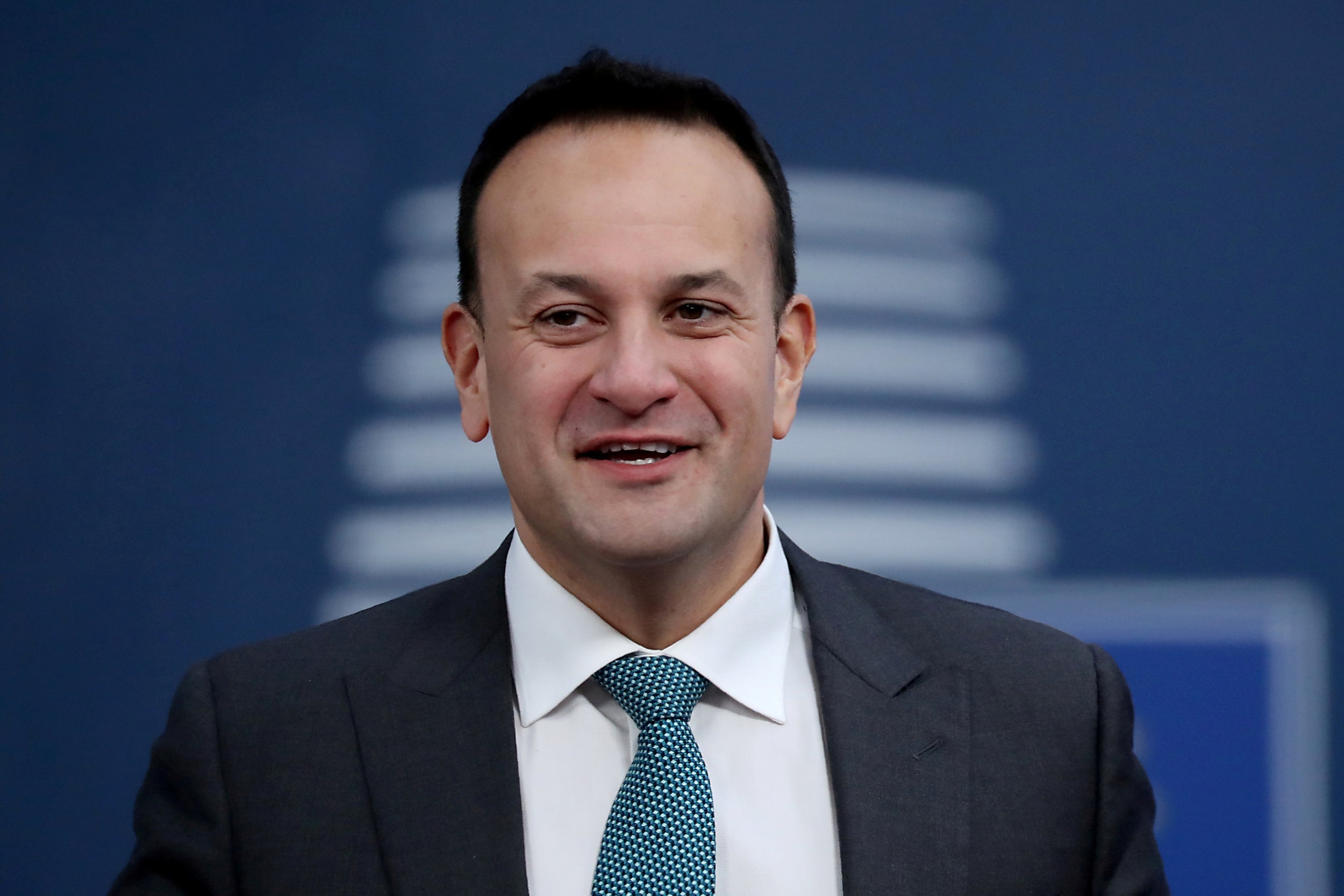Your support helps us to tell the story
From reproductive rights to climate change to Big Tech, The Independent is on the ground when the story is developing. Whether it's investigating the financials of Elon Musk's pro-Trump PAC or producing our latest documentary, 'The A Word', which shines a light on the American women fighting for reproductive rights, we know how important it is to parse out the facts from the messaging.
At such a critical moment in US history, we need reporters on the ground. Your donation allows us to keep sending journalists to speak to both sides of the story.
The Independent is trusted by Americans across the entire political spectrum. And unlike many other quality news outlets, we choose not to lock Americans out of our reporting and analysis with paywalls. We believe quality journalism should be available to everyone, paid for by those who can afford it.
Your support makes all the difference.Britain got its first foretaste of life after Brexit on Monday, after the UK government went unrepresented at an EU summit that draws up rules on fishing quotas and farming regulations.
No British ministers or officials attended the Agriculture and Fisheries Council in Brussels – where key decisions including fishing quota allocations are made.
While today's meeting was technically the final one the UK was allowed to attend, officials and ministers are already standing down early ahead of Brexit on Friday – when Britain will lose all rights to representation.
The UK will still be fully bound by EU rules during the Brexit transition period until 2021, and is also expected to be effectively permanently tied to many once it has signed its future trade deal.
But it will no longer have a say in drawing up EU rules, losing its seats on the EU council, MEPs in the European Parliament, and its ability to appoint a Commissioner.
A UK official confirmed that there was "no UK attendance at ministerial or official level" at the Monday meeting, which happens each month.
Last week a Brexit Party MEP voiced concern about the UK going unrepresented at such policy-setting events, provoking derision and accusations that she did not understand the downsides of Brexit.
The so-called "Agrifish" council meets once a month. Annually, it sets the Total Allowable Catches (TACs) and quotas for each species of fish, and decides on the allocation of fishing opportunities between fleets. Quotas for 2020 were set in October 2019.
It also has to give the say to new EU legislation on food production, rural development, and fisheries management.
There are other council configurations for the other policy areas covered by EU law - such as consumer regulations, justice, foreign affairs, and transport.
Rules made at all these bodies and more will apply to Britain. New rules made during the transition will also apply to the UK under the agreement signed by Boris Johnson.

The UK's absence comes amid debate over how the future trade deal between the UK and EU will handle fishing and the extent to which EU fleets will still have access to British waters after Brexit.
Asked whether the UK accepted it will have to trade access to its fishing waters for the opening of EU markets to British financial services companies, Boris Johnson’s official spokesman said: “Our position on fishing is not going to change We are going to be taking back control of our own fishing waters.
“We have been clear on that both in the manifesto and when the PM spoke to the Commission president. The EU should be in no doubt about our determination on that issue.
“It will be for the UK to determine, in the best interests of the UK, who fishes in its waters.”
Asked whether the PM remained committed to the goal set out in the Political Declaration of resolving the issues of fisheries and financial services by July, the spokesman said: “We will be ready to start having this conversation about the future partnership in February. The EU have said that they are not ready to do that, so the discussions will begin in March.
“It’s in both sides’ interests to make progress as quickly as possible, but in terms of the timetable and the scheduling for the negotiations, that’s not been set out yet and will need to be worked upon.”
But Irish leader Leo Varadkar echoed the EU line on the issue on Monday, telling the BBC: "You may have to make concessions in areas like fishing in order to get concessions from us in areas like financial services."

Join our commenting forum
Join thought-provoking conversations, follow other Independent readers and see their replies
Comments